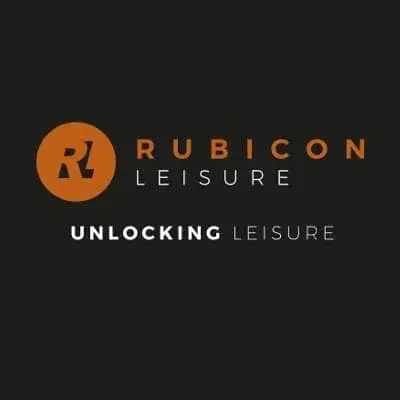Sustainability In Leisure: Smarter Facilities Strategies For Long-Term Savings
Like every industry in recent years, leisure services are feeling the pinch. Economic stagnation coupled with sharp rises in energy costs have made financial management more challenging than ever. Energy is typically the second largest cost for leisure facilities and gyms, surpassed only by staffing costs, so it’s no surprise they have been particularly hard hit by the increases.
With the continued utility market volatility, the need to improve energy efficiency to ensure long term sustainability of leisure services has never been more urgent.
How Rising Energy Costs Are Impacting The Leisure Sector
Rising energy prices have placed significant pressure on market operators and Local Authorities in recent years. Gyms and leisure centres are inherently high energy use and, for many providers, the sharp rise has eroded profit margins and created real concerns over financial sustainability.
As energy costs have surged, it has resulted in some operators and Local
Authorities resorting to cost saving measures often at the expense of the quality of the service such as reduced operating hours, lowering pool temperatures, limiting heating in certain areas and delaying investment in order to ensure much needed facilities remain open for communities.
The Shift Towards Smarter Energy Usage
Energy efficiency is no longer a ‘nice to have’ — it’s essential for sustaining services. Smarter planning can help avoid short-term crisis responses and instead enable proactive, long-term strategies that reduce consumption, lower costs, and protect provision.
Many operators and local authorities are already exploring options such as:
-
Upgrading to LED lighting and energy efficient HVAC systems
-
Improving insulation and controls
-
Investing in on-site renewables such as solar PV
-
Phasing in improvements over time to match available funding
While net zero commitments remain important, the current focus for many is on survival. But the two aren’t in conflict. Reducing energy use is one of the most effective ways to improve financial performance and cut carbon emissions.
The key is knowing where to start, how to prioritise, and how to make the case for investment — especially in a tight funding landscape.
A More Strategic Approach To Sustainability
Whether developing a new facility or managing an existing one, integrating sustainability into your leisure strategy delivers long-term value. It goes beyond cost savings, helping to future-proof assets, meet public expectations, and support the strategic direction of your service.
Embedding environmental goals at the planning or redevelopment stage ensures sustainability is built in from the start, avoiding costly retrofits later. Where that’s not feasible, a strong sustainability focus within the broader facilities strategy remains key to achieving lasting benefits.
This approach supports wider public sector climate commitments, enhances reputation, and ensures facilities remain resilient in the face of evolving regulations and community needs. Sport England’s Sustainability Strategy provides a useful framework for embedding environmental responsibility into facility design, management and operations.
By linking sustainability with user experience and community engagement, facilities can boost both environmental impact and long-term relevance.
What Could Smarter Energy Planning Look Like for Your Facilities?
Rising energy costs are already straining budgets, making it difficult to step back and plan strategic action. That’s where a specialist consultancy like FMG can make a real difference by helping you take decisive, informed steps that address both immediate challenges and long-term sustainability.
FMG works with local authorities and operators to build practical, strategic approaches to energy efficiency and long-term viability. Contact us to future-proof your facilities today!
Subscribe by email
Share this
You May Also Like
These Related Stories
Your Leisure Facilities Management Contract Is Ending: What Are Your Options?


Your Leisure Facilities Management Contract Is Ending: What Are Your Options?
Dec 1, 2025 10:00:00 AM
3
min read
Rethinking How Local Authority Leisure Centres Encourage Physical Activity


Rethinking How Local Authority Leisure Centres Encourage Physical Activity
Oct 2, 2025 12:00:00 PM
2
min read
Rubicon Leisure Limited


Rubicon Leisure Limited
May 3, 2024 10:45:00 AM
1
min read



No Comments Yet
Let us know what you think